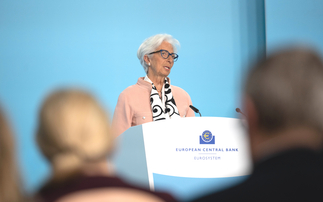The Bank of Japan has ended its era of negative interest rates with its first hike since 2007, the last central bank to end the use of negative rates.
The move brings the nation's interest rate to a range of 0-0.1%, as BoJ governor Kazuo Ueda also ended a swathe of accommodative monetary policies. Interest rates shifted into negative territory in 2016 in an attempt to encourage banks to lend more, continuing a near decade-long trend of cutting rates, with the previous hike occurring in 2007. Aviva Investors' Wakefield: Is Japan's stock-market sugar rush sustainable? Chris Scicluna, head of research at Daiwa Capital Markets Europe, noted along with the rates shift, the bank ended the policy of yield control and ETF purchase, which...
To continue reading this article...
Join Investment Week for free
- Unlimited access to real-time news, analysis and opinion from the investment industry, including the Sustainable Hub covering fund news from the ESG space
- Get ahead of regulatory and technological changes affecting fund management
- Important and breaking news stories selected by the editors delivered straight to your inbox each day
- Weekly members-only newsletter with exclusive opinion pieces from leading industry experts
- Be the first to hear about our extensive events schedule and awards programmes










